Meanjin
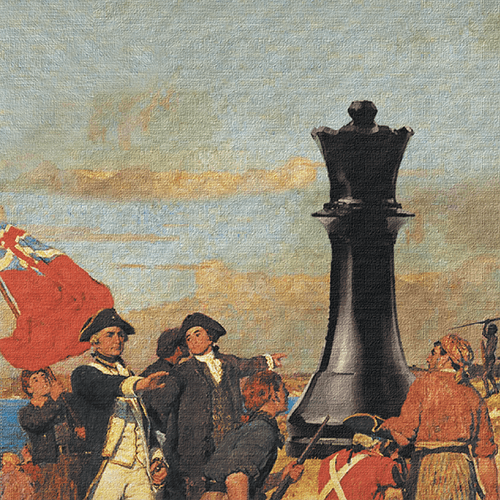
Always Bet on Black (Power)
‘The most transformative Black acts have taken place at the margins, on the fringes of towns, among Black communities and collectives, Black minds, souls and hearts rather than at white centres, whether they be boardrooms or tearooms or university chancellories. The exiled location they insist we occupy is not the place of marginalisation they would have us believe, for this land is ours, all of it.’
Munanjahli and South Sea Islander scholar Chelsea Watego recounts her recent decision to withdraw her race and sex discrimination claim against the University of Queensland and leave her tenured academic position. In this brilliant essay, she writes against the mythical impartiality of the white institutions through which Black individuals are told to seek validation and justice.
In Defence of the Bad, White Working Class
'For many of the white adults, like my parents, "Asians" had turned their neighbourhood into a frightening and uninhabitable place. It appeared no more dangerous to me than it had ever been, but I enjoyed a comparatively privileged perspective. I grew up in a multicultural world, so its "alien" aspects barely troubled me. My parents, however, did not grow up in such a world. They had never been wealthy enough to travel or to experience other cultures on their own terms. As a consequence, the creeping advance of a multicultural society – a reality-shift that they had no control over – frightened them.'
(Note: I found it interesting to read this essay alongside this short 2012 piece, 'Racist Violence and Social Class in Australia', by blogger Eurasian Sensation, a.k.a. Chris Mitchell, for Peril: 'the racism of the more wealthy and middle classes is often not as obvious and visceral as that of the less privileged. But what about its overall impact?')
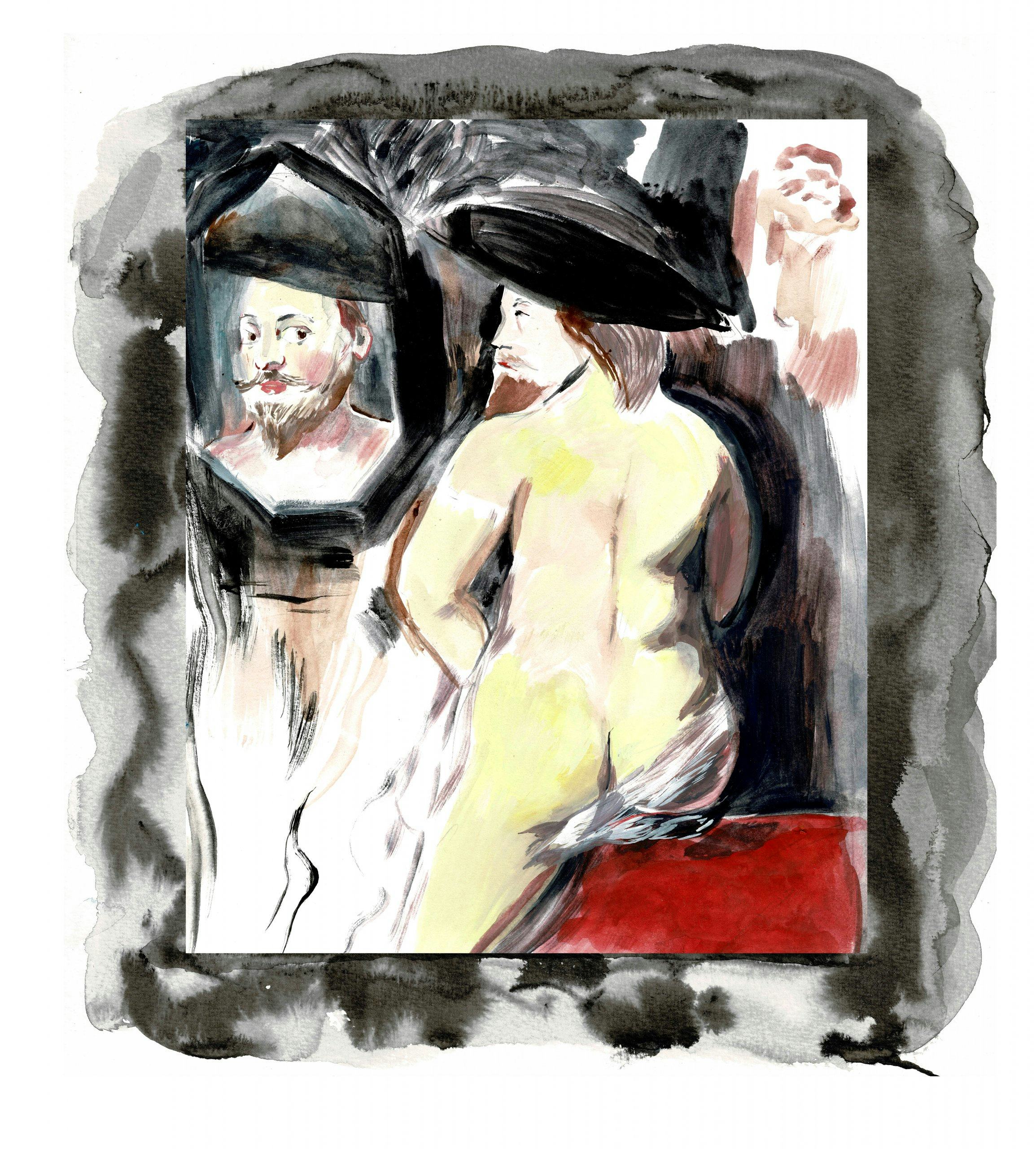
The Fat Bitch in Art
Fatness, in European scientific, artistic, cultural thought, became a spectre, haunting, stalking behind, threatening to taint white women’s thinness (to hit skinny over the head with the fat stick). In contemporary diet culture the influence of this first violence continues to seep into our thinking.
(Note on access: this essay is a mixture of image and text.)
The Case for China or a Self-obituary
He did not give them a definition of what poetry was. He did not show them examples of best poetry. He did not provide them with a list of works by the best poets to read. He eschewed all that. Instead, he said to all of them, about thirty of them in class: You are all poets, even if you have never written a single line in either Chinese, your mother tongue, or English, your potential father tongue. Today is the day I want you to write your first poems.
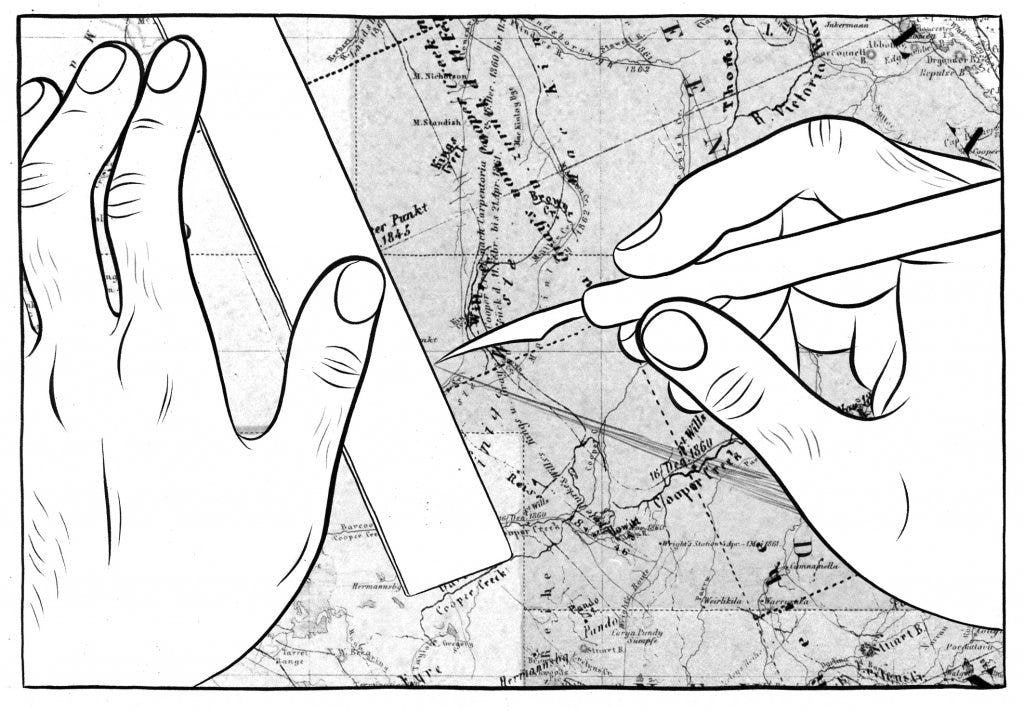
The Conquest of Land and Dream
I cannot dismantle the structure I have built by hand. It is mine, my boot prints have trodden their ancestral lines. If I surrender my idea, if I abandon this tower of words and names and claims, I see I am no migrant here. I am an alien and this is not my land.
A hearty thank you to Meanjin for making this piece open access until mid-March!
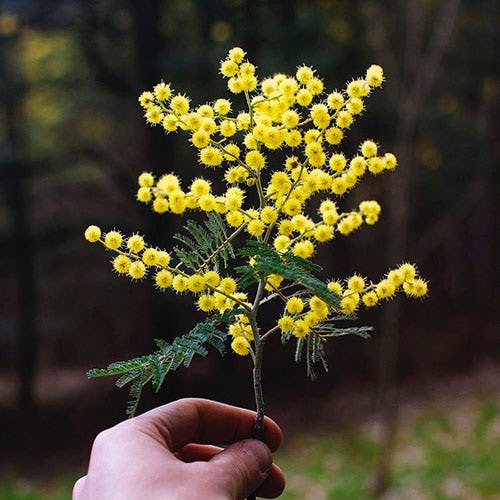
'A lot of nonfiction about smells'
This aromatic assortment of olfaction-related reads and facts comes to us courtesy of Ben O’Mara.
The 'evil-smelling' liquid, developed by a gadget man in the British Intelligence and available in gelatine capsules and a brass spritzing device, was to be squirted on the enemy and make them smell of 'personal uncleanliness'. It was hoped the smell would be demoralising and alienating.
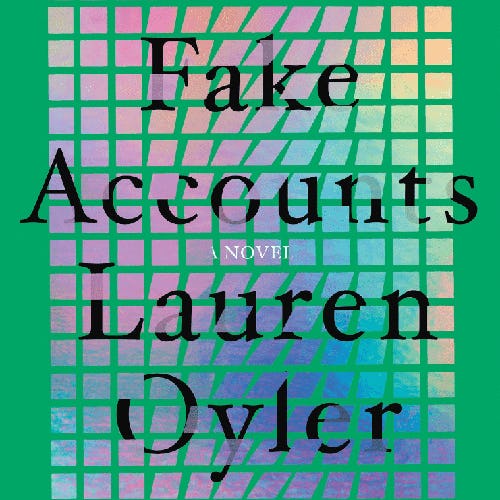
It's Not a Bad Book, Necessarily
We’ve been struggling with this book for months, with very little to show for it. It’s not typical for either of us to approach a novel with a view to combat, but the text’s slippery defensiveness positions us as attackers. We find ourselves compelled to understand what is being defended and what we’re supposed to be attacking. Similarly, we’re left feeling as if the joke’s on us for even trying.
.png?ixlib=gatsbyFP&auto=compress%2Cformat&fit=max&q=50&w=940&h=788)
New Sex-Work Literature
These new books by sex workers deserve to be regarded as literary works. I was disappointed but not surprised when I noticed that Therese seemed to be reviewed more for her moral choices in Come than for her prose … Therese has an ability to write throat-aching moments of grief, followed by belly laughs in singular sentences, but this was never mentioned in any other reviews. And I am yet to see Happy Endings reviewed at all.
Coda – I Believe: On Hilma af Klint and the Writing Life
This edition of The Circular was guest-edited by Patrick Allington. For your further reading pleasure, we'd like to introduce you to his essay on how he became haunted by Hilma af Klint.
I imagine all af Klint’s paintings and studies and notebooks, thousands of canvases and pages laid out and floating free so that I can move freely around them, view them from every angle, and shift them at will, as if creating a mosaic. Or I imagine them all piled up in the corner of a warehouse, vibrating. Or I imagine them thrown into a vast drum and boiled down to their elixir: a sip gets me through the next day and the next.
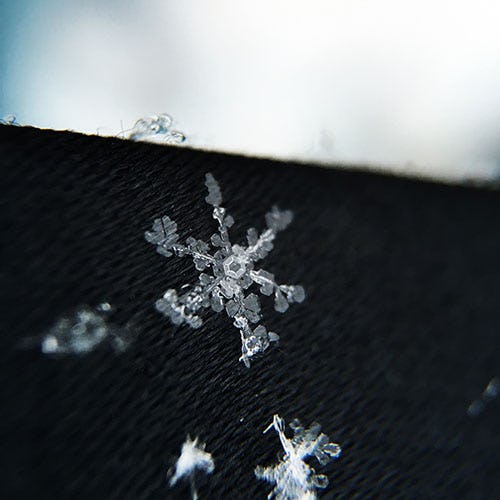
Alison Whittaker on Robin DiAngelo: So White. So What.
Maybe it was never about surrendering white power but finding the easiest way to consolidate it in the framework of justice. White fragility found a crack in the mortar of whiteness that was just beginning to crumble.

Stories Without Borders
Some of the stories won’t be feel-good or funny, or brimming with against-all-odds triumphs, but by God we’ll have to find just as much space for those stories as we’ve found for The Happiest Refugee. They are the link between Australia and the rest of the world, a rope ladder thrown to the boats we are yet to turn away.
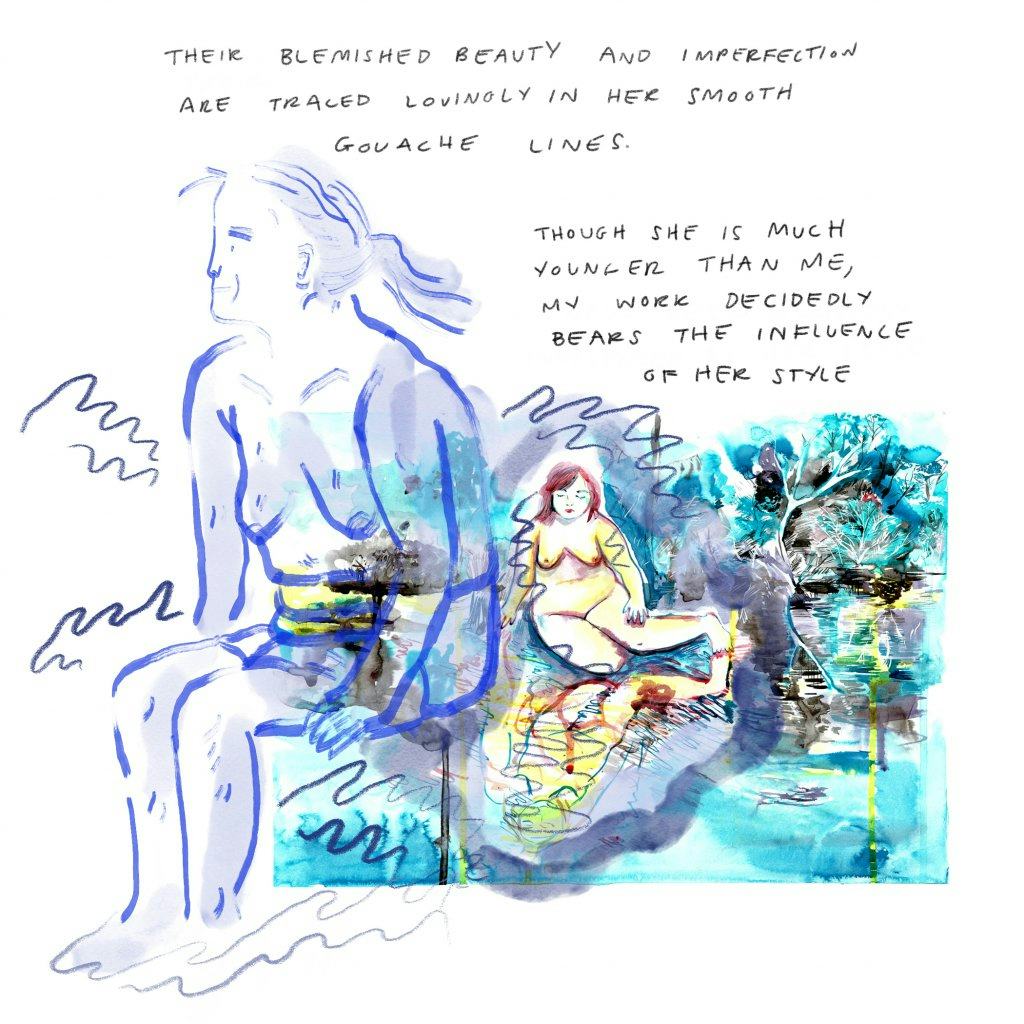
A Graphic Review of Stone Fruit by Lee Lai
What more fitting way to respond to a graphic novel than a graphic review? Artist and visual essayist Eloise Grills breaks down the magic of Stone Fruit and the influence that Lee Lai has had on her own work.
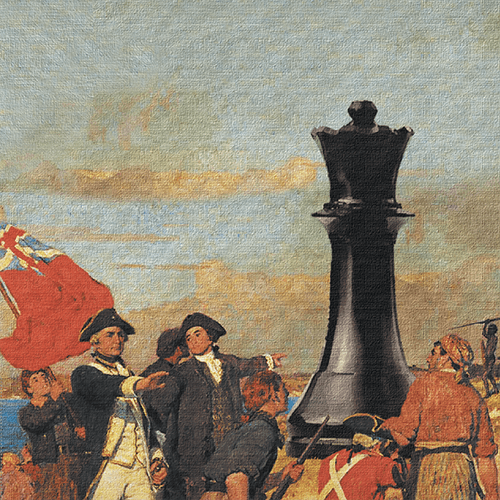
Always Bet on Black (Power)
In a powerful essay about her decision to withdraw her discrimination claim against the University of Queensland, Chelsea Watego impresses upon the audience that within the fight against racism and the call for a reimagined reality of shared humanity is a love for black people. For her, it includes the love for community.
The radicalism of Black power in its rage is its love for Black people, a love that extends beyond the self, yet centres a collective Black self-love, unconditional and unwavering. Thus at the heart of the fight against race are not individual grievances, wins or wealth, or what Cornel West describes as installing 'Black faces in high places'.
(Note: This essay was featured in The Circular’s very first issue. It appears again here, but importantly, framed in a different context.)

By the Guest Editor: What I'm Reading
This edition of The Circular was guest-edited by Adalya Nash Hussein. To close, we'd like to share this piece she wrote for Meanjin on a lifetime of being a book person, how her relationship with books has shifted over the years, and the performative aspects of reading.